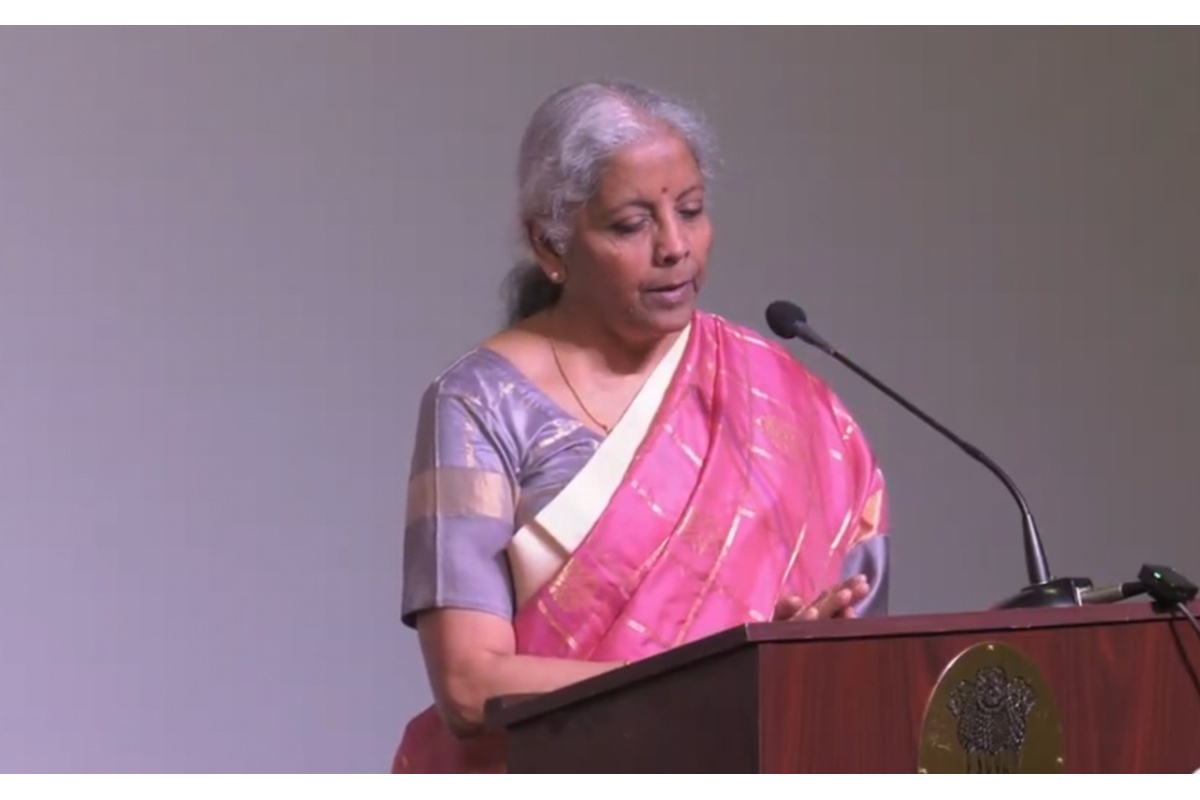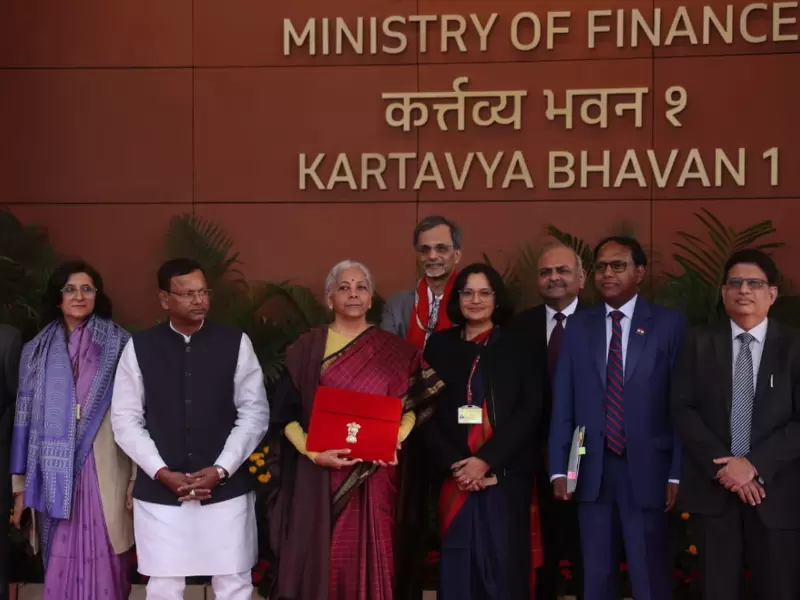How 3 of America's Most Successful Indian Entrepreneurs Got Their Start
Yet of the 500 unicorns crowned between 1997 and 2019, 44% of the 1,078 involved founders weren’t even born in the United States. The foreign country with the most official unicorn entrepreneurs is, of course, India, with 90 titled founders.
.png)
Of the many potential outcomes of starting a business in Silicon Valley, one achievement looms above the rest: the unicorn. When startups reach evaluations surpassing $1 million, the accolade forever solidifies that company’s place in entrepreneurial history.
Yet of the 500 unicorns crowned between 1997 and 2019, 44% of the 1,078 involved founders weren’t even born in the United States. The foreign country with the most official unicorn entrepreneurs is, of course, India, with 90 titled founders. The competition among international founders isn’t even close – Israel is in second place with 52.
These Indian entrepreneur success stories aren’t just impressive from afar; each founder took major risks, faced unique hurdles, and led their teams with cunning strategies.
Want to know what it takes to be an Indian unicorn in the United States? Here’s how 3 of America’s most successful Indian entrepreneurs earned their unicorn status.
Apoorva Mehta of Instacart
Although Instacart was uniquely situated to help Americans during the pandemic, founder and Executive Chairman Apoorva Mehta earned his company’s success far before you even heard of the app.
Mehta was born in India, raised in Libya, and spent his teenage and college years in Canada. After studying electrical engineering at the University of Waterloo, he became a design engineer for Blackberry and Qualcomm. Just a few years into his role as a supply chain engineer at Amazon, he quit his job to pivot to entrepreneurship.
But Instacart was far from a runaway success – in fact, Mehta ran through 20 failed ideas before eventually coding the food delivery app in 2012. In its early days, when there weren’t enough shoppers to pick up orders, Mehta would complete the deliveries himself. He didn’t have a car, so he did the work by calling Ubers.
Now, Mehta is worth roughly $1 billion.
Aayush Phumbhra of Chegg
Not much is known about Aayush Phumbhra’s early life, but his Silicon Valley track record is one for the history books. Since co-founding student resource platform Chegg, he’s gone on to invest in 13 portfolio companies with 3 successful startup exits.
This lucrative career began while Phumbhra was earning his M.B.A. from Iowa State. At some point in the early 2000s, he crossed paths with Josh Carlson, Mike Seager, and Mark Fiddleke, the team behind Chegg’s predecessor CheggPost. They teamed up, shortened the name to Chegg, and switched to selling textbook rentals. During this evolution, he was integral in shifting the company’s strategy to something more palatable for investors.
Nearly 25 years later, Phumbhra himself is considered one of Silicon Valley’s most strategic investors.
Baiju Bhatt of Robinhood
With a net worth of $2.9 billion, Baiju Bhatt might be one of India’s most successful – and disruptive – American entrepreneurs. As the founder, former Co-CEO, and current Chief Creative Officer of brokerage app Robinhood, Bhatt’s influence on American business cannot be overstated.
Bhatt was raised by Indian immigrant parents in Virginia. After earning his undergraduate and Masters degrees from Stanford, he moved to New York City during the height of the Occupy Wall Street protests. Inspired by the movement, he co-founded Robinhood in 2013 with the goal of democratizing the American financial system.
Bhatt’s goal came to fruition, and he’s been rewarded with a lucrative legacy.
ADVERTISEMENT
ADVERTISEMENT
E Paper
Video




 Dedee Droege
Dedee Droege













Comments
Start the conversation
Become a member of New India Abroad to start commenting.
Sign Up Now
Already have an account? Login